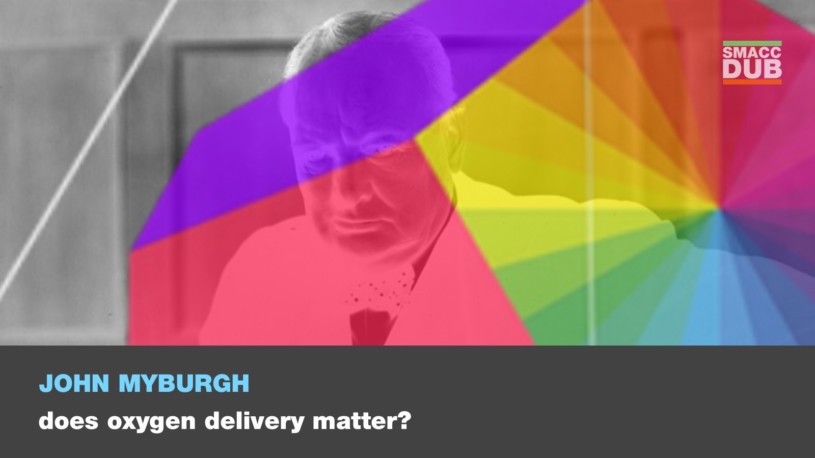Strategies to manage complex Resuscitation: Chris Hicks
Resuscitation is complicated, but the solutions don’t have to be.
Chris Hicks brings you four psychological strategies that will help you manage complex resuscitations.
It is a fascinating time to be a resuscitationist with ROBOA, ECMO and EPR. Chris explains that as we learn more about critical illness, we learn more about the complexities of resuscitation.
Therefore, we need ways to manage and constrain complexity and to simplify and organise problems that will see us through.
A 22-year-old female arrives to the Emergency Department. She was an unrestrained driver in a motor vehicle accident. She is agitated, has multiple facial smash injuries, burns to her torso and neck, a right sided flail segment and a mechanically unstable pelvis.
Also, when you ultrasound her abdomen, you realise she is well into the third trimester of a pregnancy. Chris discusses four strategies to cope in a complex situation.
The first is grounded in habits.
Habits have a lot to do with whether or not we succeed at a given enterprise. They can help break down complex problems into simpler parts. Once a habit has been practiced and rehearsed, it becomes harder to not execute the habit than it is to execute it.
Next, Chris advises to foster emergent organisation in the team.
This is self-organisation in teams whereby individual simplicity can create organised complexity. During periods of high task loads it makes sense to create smaller teams to create divisional lines. This allows semi-autonomous teams to function independently towards a specific goal.
Thereafter, try to factor down complex problems.
Take a problem as you see it and lead it in a direction you’d like to see it. By simplifying a problem into a few sentences, you assert that you understand it and you can then begin to manage it.
Finally, Chris talks about limiting variability.
This is in order to constrain chaos. Eliminate variables and thereby eliminate unnecessary steps. This can sometimes mean cutting down team size – Chris conjects most teams are too big!
Join Chris as he takes you through four strategies to manage complexity in a complex resuscitation. Lean on habit. Foster emergence. Factor down the problem and limit the variables.
For more like this, head to our podcast page. #CodaPodcast
Chris Hicks
Christopher Hicks is an emergency physician and trauma team leader at St. Michael’s Hospital in Toronto, and Assistant Professor and Clinician-Educator in the Department of Medicine at the University of Toronto. He is an education research scientist at the Li Ka Shing Knowledge institute, and appointee to the International Centre for Surgical Safety, with a program of research that focuses on simulation-based psychological skills training, human factors and clinical logistics. He has innovated in several areas of resuscitation and psychological skills, including mental practice, stress inoculation training and the trauma black box program. In 2018, Chris co-created and chaired resusTO, an inter-professional simulation-based resuscitation conference in Toronto with international acclaim. In 2020, he co-founded Advanced Performance Healthcare Design, consulting with hospitals and industry using simulation to inform the design of systems, spaces and teams. Chris is an avid speaker and lecturer, staunch #FOAMed supporter, occasional runner and cyclist, fledgling boxer, semi-retired pianist, and proud father of three lunatic boys.





